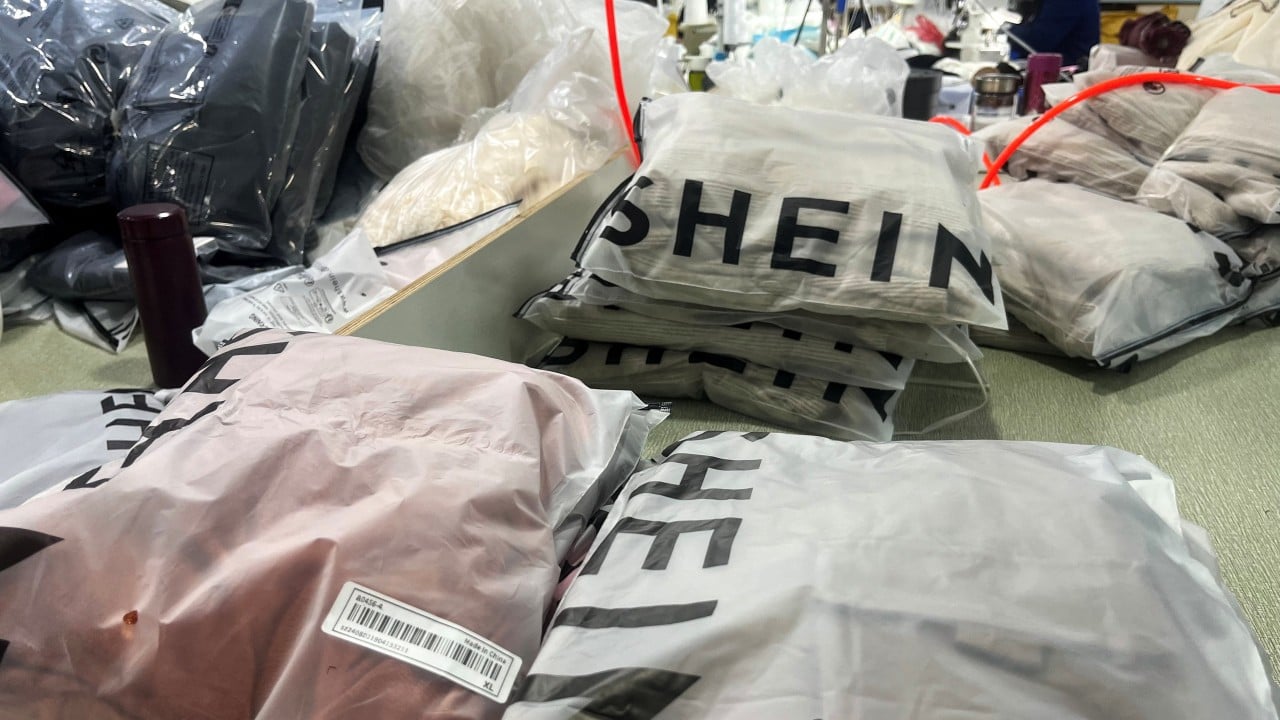Published: 5:34am, 3 May 2025Updated: 5:52am, 3 May 2025
Leela Roye, a senior at Boston University, has been too busy thinking about final exams and college graduation to focus much on US President Donald Trump’s tariff threats and impending US- China trade war.
Advertisement
But Roye is surrounded by classmates who love the cheap prices of online Chinese retail sites like Shein and Temu is aware those prices could rise dramatically starting on Saturday.
“A lot of people, especially in college, shop in those places because the prices are so low compared to things you can find in the US,” said the 21-year-old film major. “Especially people my age will be upset because things that they have relied on, cheap alternatives, will go up.”
On Friday, after months of headlines and looming threats, almighty American consumers are set to get their first direct taste of Trump’s tumultuous tariff policies when a key loophole on small, imported shipments – the de minimis provision – slams shut.
This assumes that the mercurial president, who has called the loophole a “scam” and conduit for illegal drugs, does not reverse himself as he did ahead of a similar deadline in February.
Advertisement
For almost a century, a once obscure provision with a rarefied Latin name has allowed American consumers to enjoy foreign products without the expense or hassle of dealing with customs forms and duties.

